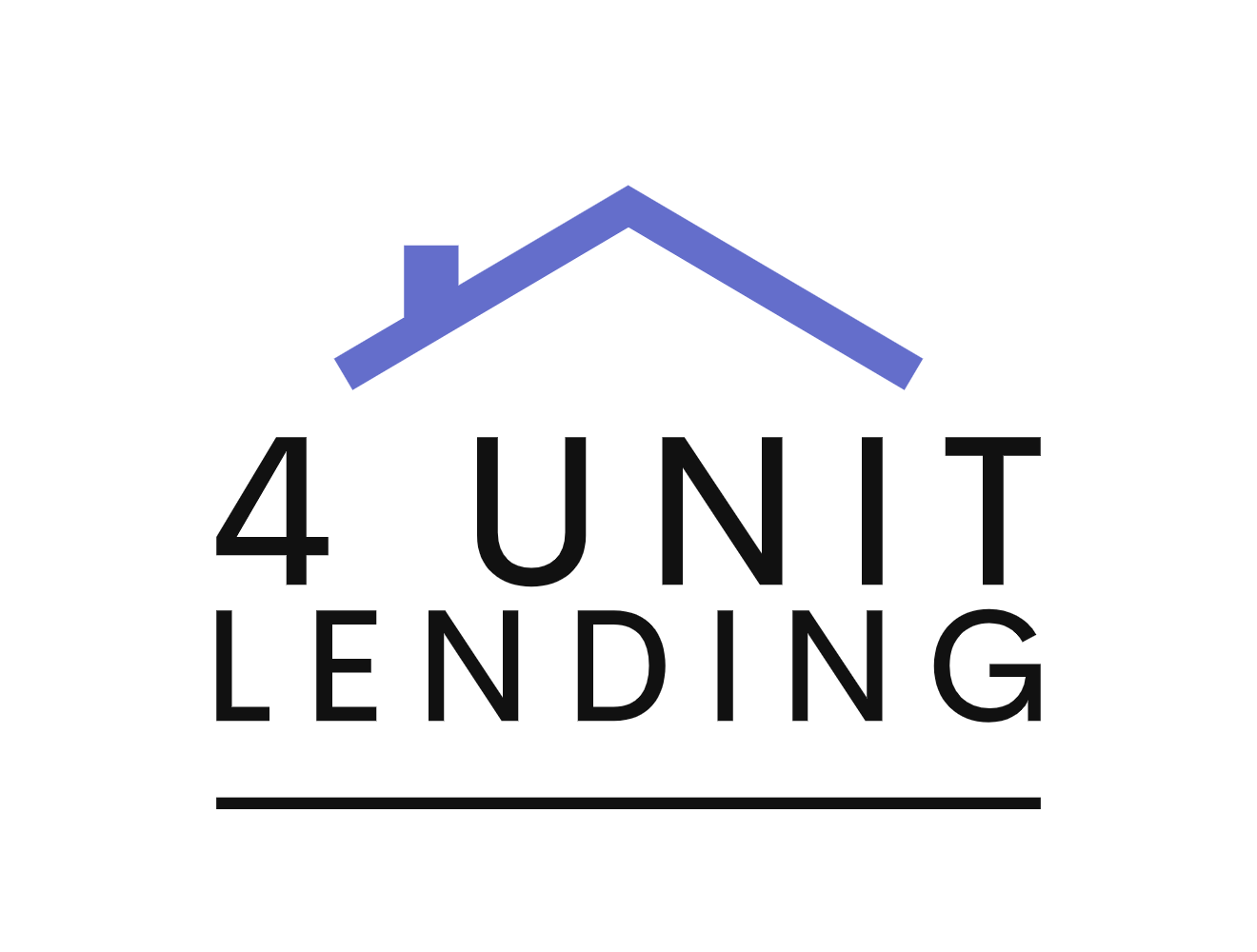
DavidPinoPhotography/Shutterstock
Key takeaways
If you’re facing foreclosure, the right of redemption gives you a legal pathway to keep or regain your home, by paying back the entire outstanding loan, plus interest and fees.
The right of redemption is rarely exercised, as it can be difficult for homeowners to come up with the full mortgage amount.
The amount of time and specific rights granted in the right of redemption vary by state, so homeowners must understand their state’s laws and timelines.
If you’ve recently lost your job or experienced major financial losses, you might be concerned about falling behind on your mortgage. While an occasional late payment usually won’t come with any serious consequences, you might face the difficult reality of losing your home to foreclosure if you miss payments for several months. No one wants to find themselves in this situation, but if you do, there’s potentially still time to recover using the right of redemption.
What is the right of redemption?
The right of redemption is a legal process that gives homeowners who have gotten delinquent on their mortgage payments the opportunity to keep their home by paying the money they owe, plus interest and fees.
Mortgage lenders use the home you buy as collateral or security for your loan. If you fail to make payments, your lender can foreclose and sell your home to recoup the money it lent you.
The lender has to give you a chance to make good, however — your “right of redemption” — for a certain period. This time frame is called the “redemption period.” If, during a set redemption period, you can pay your mortgage balance, plus certain fees, in full to the lender, you can reclaim your home.
How long is the redemption period?
Statutory right of redemption after foreclosure
In some states, you can exercise the right of redemption even after the foreclosed home is sold, by paying the purchaser the amount they paid, plus certain expenses. This is known as the statutory right of redemption because it stems from various state statutes related to homeownership.
Foreclosures are handled differently in each state.
Judicial foreclosures: In some jurisdictions, foreclosures go through the courts (known as judicial foreclosures).
Non-judicial foreclosures: In other states, foreclosures are handled outside the court system (referred to as non-judicial foreclosures).
Certain states have both judicial and non-judicial foreclosures.
If you live in a state that offers a post-sale right of redemption, the amount of time you have to re-purchase your home will depend on your state’s laws. Some will provide a specific timeline (for example, 60 days) after the property is sold, but others have a less clear-cut deadline. In some judicial foreclosures, for instance, you might be able to redeem your house any time before the court confirms the sale (the timing of which can vary by case and state).
Redemption timelines can be longer or shorter depending on other factors, like whether or not the house was abandoned and the amount owed on the original mortgage loan.
How borrowers can exercise the right of redemption
When you fail to make payments on your mortgage, your lender can begin the foreclosure process.
After missing three to six months’ worth of payments, the lender will send the borrower a notice of default to alert them of the missed payments and the amount owed. This notice usually gives the borrower a period of time to make up the missed payments, plus late fees, to avoid foreclosure. At this time, borrowers can also choose to fight the foreclosure if they believe the lender doesn’t have the right to start these proceedings.
After the period outlined in the notice of default, the lender can foreclose on the home and put it up for sale.
To exercise the right of redemption, here are the steps to follow:
Check your state’s redemption timeline: The amount of time that borrowers have to exercise the right of redemption varies by state. For example, in Alabama, borrowers have the right for up to one year after foreclosure, while Illinois gives borrowers as few as 30 days after the sale in some cases. Obtaining this information first can help determine whether redemption is an option that’s still available.
Request statement of charges: Write to the lender or servicer, or the party that purchased the home, and request a statement of charges related to the home. This statement should outline the foreclosure price of the home plus any related fees.
Pay missed payments: If you’re able to pay the outstanding amount for missed payments in full, you’ll get to keep the home.
Limitations of right of redemption
In states where the statutory right of redemption exists, borrowers can, and do, buy their homes back after they’re foreclosed. In every state, a borrower can exercise the right of redemption ahead of the foreclosure proceedings.
The reality, however, is that the right of redemption is rarely exercised. That’s because if a homeowner is having trouble making mortgage payments, it’s unlikely they’ll be able to come up with the full amount they owe, which can be many times more than the monthly payment. Plus, it’s not just the unpaid mortgage: The homeowner might also be on the hook for interest, lender’s fees, homeowners association fees, property taxes or other related costs.
While you might think you can simply get a new mortgage to come up with the funds, missed mortgage payments and foreclosure tank your credit score. This makes it almost impossible to obtain a new loan right away.
Right of redemption FAQ
What happens if I don’t exercise my right of redemption?
Can I negotiate with the new owner during the redemption period?
Can I sell the property during the redemption period?

